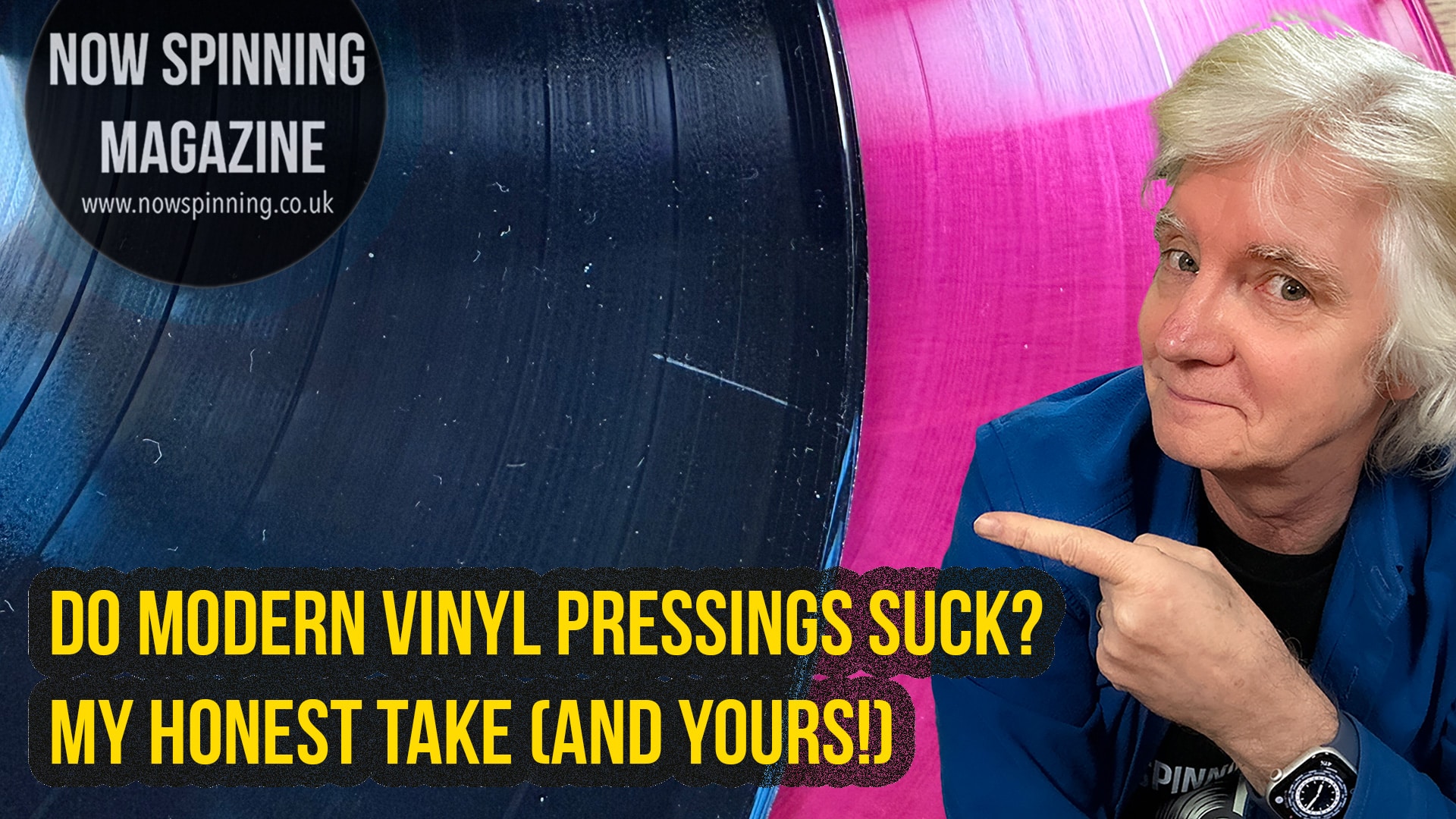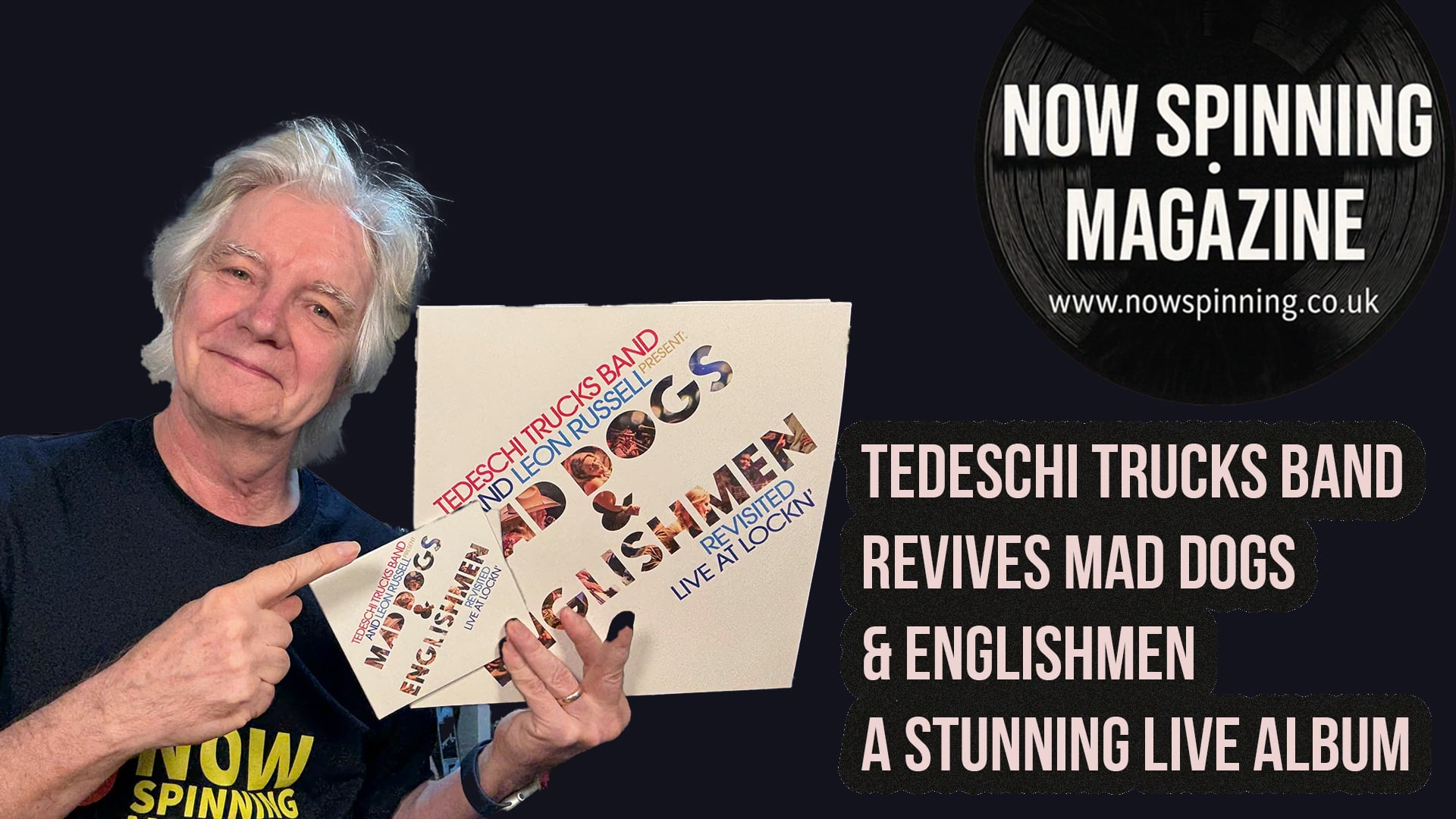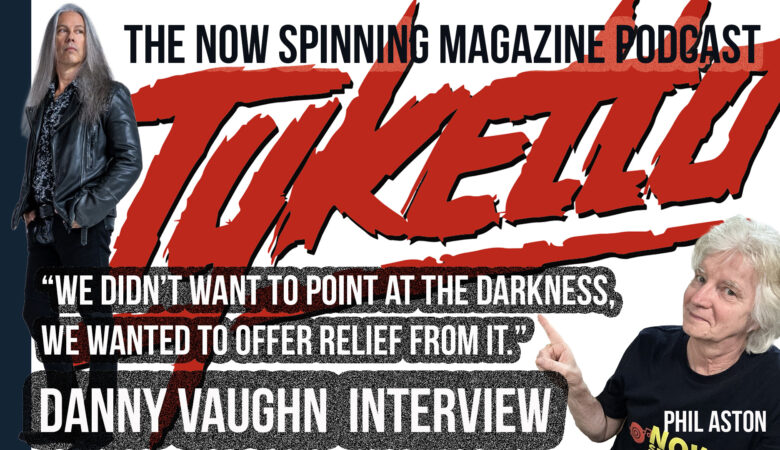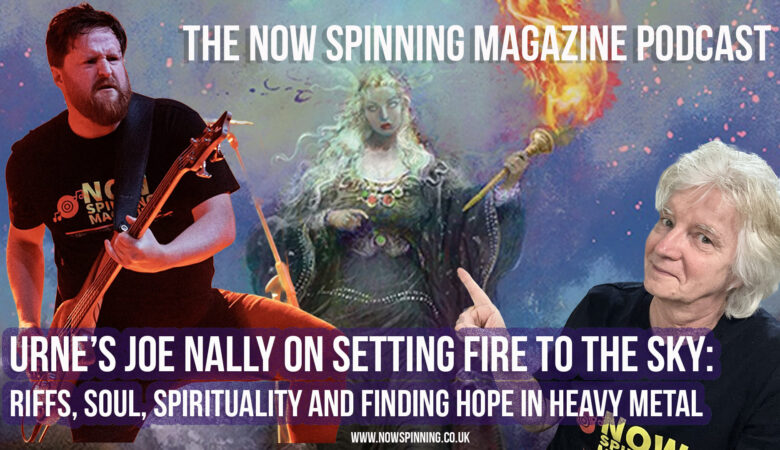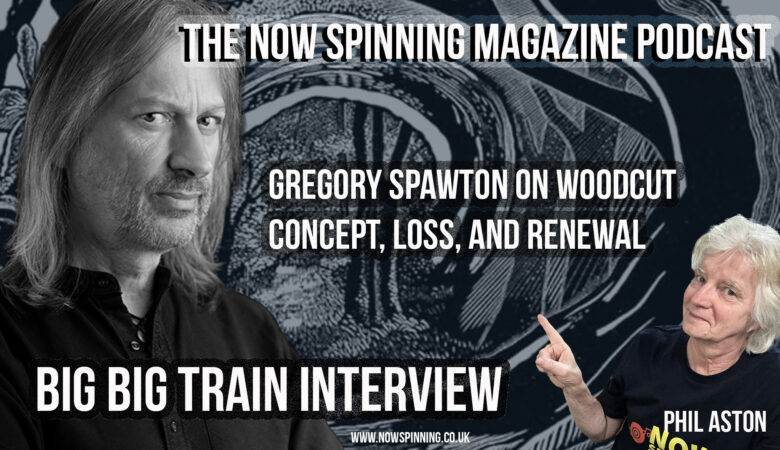From Zebra to Gillan to Mammoth: John McCoy’s Story in Rock
For fans of Deep Purple and the hard rock explosion of the late ’70s and early ’80s, the Gillan band remains one of the most exciting, unpredictable, and raw groups to emerge from that era. Their blend of hard rock, punk energy, and sheer attitude made them unique – and at the centre of it all was bassist John McCoy, whose distinctive style, sound, and stage presence left an indelible mark on British rock.
Watch the full interview on YouTube
In this exclusive Now Spinning Magazine interview, John McCoy opens up about his career, from his early connections with Ian Gillan and the recording of the Japanese Album, to the glory years of Mr. Universe and Glory Road, right through to the messy collapse of the band, money troubles, and Gillan’s sudden move into Black Sabbath.
From Zebra to Gillan
McCoy recalls how his jazz-rock band Zebra indirectly laid the foundation for Gillan’s heavier future:
“I was a huge Purple fan, but IGB [Ian Gillan Band] just wasn’t giving audiences what they wanted. It was musically brilliant, but that hard-hitting rock edge had gone. When Colin Towns asked me to do the sessions for Ian’s Japanese album, it was clear we needed to go back to that heavier direction.”
Alongside drummer Liam Genockey and guitarist Steve Byrd, McCoy recorded the Japanese Album – the pivot point that ultimately led to the formation of Gillan.
Enter Bernie Tormé: Punk Meets Purple
The real turning point came when McCoy suggested Bernie Tormé as guitarist:
“When I first worked with Bernie, he blew my mind. He wasn’t like anyone else – punk attitude, Hendrix fire, and just wild. I knew immediately he was the one. He gave the band that danger and rawness it needed.”
This new lineup forged the ferocious Mr. Universe and Glory Road, albums that cut through the polished production dominating the late ’70s rock scene. McCoy admits the deliberately raw sound was intentional:
“I’d been producing punk bands and I knew that energy was what Gillan was missing. Those albums were about capturing the first take, the danger, the noise. That’s why they still sound alive today.”
Image, Chaos, and Camaraderie
Gillan concerts became legendary for their unpredictability: amps toppling, pogoing bassists, guitar duels, and a sense that anything could happen. McCoy recalls:
“We were on the edge. Things went wrong all the time, but we made it fun. Other bands might have sulked. We just hit each other’s guitars and carried on. That’s why people came back – every gig was different.”
The contrasting images of the band – Gillan’s flowing hair, McCoy’s half-shaved head, Tormé’s pirate outfits, and Towns in a dinner jacket – made them unforgettable.
Money Troubles and Collapse
But behind the success – Top 5 albums, constant tours, and Top of the Pops appearances – lay growing tensions. Bernie Tormé’s constant demands to see the accounts eventually led to his departure, and McCoy reveals that this was the beginning of the end:
“Ian had promised equal shares. We believed him. But the accounts never came. Bernie was shouting ‘Where are the accounts?’ in Ian’s ear on stage. When he left, the atmosphere changed. We never saw those accounts.”
The final blow came after the Magic tour. McCoy believed the band was taking a break for Gillan to rest his voice – but instead Gillan vanished, soon reappearing as the new singer of Black Sabbath:
“It was a shock. We were still waiting to be paid when suddenly Ian’s in Sabbath. He ruined two of my favourite bands in one move – Gillan and Black Sabbath. It was depressing beyond words.”
Legacy and Fresh Appreciation
Despite the pain, McCoy recognises that the music itself has stood the test of time:
“The albums sound even better now. Young fans are discovering them and hearing the raw energy. For years I could only see the black cloud hanging over it all, but now I listen back and realise how good those records were. They’re timeless.”
Mammoth, Samson, and Beyond
McCoy also looks back on his time in Mammoth, a band with a deliberately tongue-in-cheek image of oversized rockers, and his collaborations with Paul Samson, Thunderstick, and more. Though many of his bandmates – Bernie, Paul, Nikki Moore – have since passed away, McCoy remains proud of the music they created.
He’s still active today, working on projects including new material with Thunderstick, and remains open to offers.
Conclusion
The Gillan years may have ended in chaos and bitterness, but the records they left behind – Mr. Universe, Glory Road, Future Shock, Double Trouble, Magic – remain cornerstones of British rock. McCoy’s honesty about the highs and lows only adds depth to the story.
As he says:
“We wrote great songs, played with fire, and had fun. Whatever happened with the business, the music speaks for itself.”
ORDER THE McCOY 3CD BOX SET HERE
Phil Aston | Now Spinning Magazine


